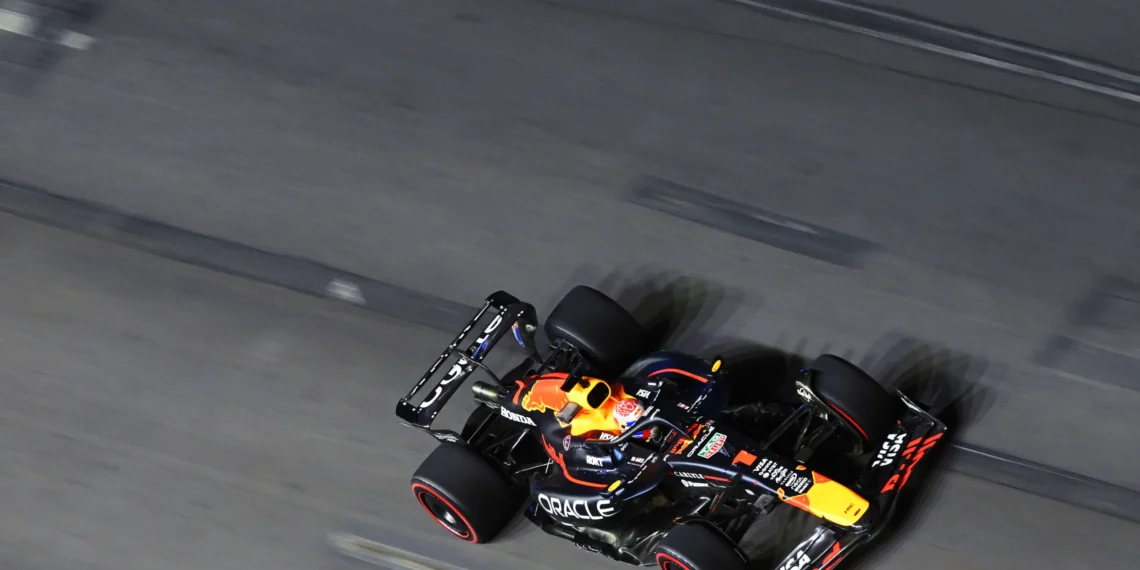F1 Scandal: FIA Admits Budget Cap Loophole Allows Teams to Bend the Rules!
In a shocking revelation that has sent shockwaves through the world of Formula 1, the FIA has acknowledged a glaring weakness in its budget cap regulations. This loophole permits teams to swap out engine components without incurring financial penalties, provided they can claim reliability as the reason. This controversial admission has ignited a fierce debate in the aftermath of the Brazilian Grand Prix, raising questions about the integrity of the sport.
The uproar began when Red Bull Racing’s star driver, Max Verstappen, underwent a late-race engine change, ostensibly for performance enhancements. This prompted McLaren to voice serious concerns, questioning whether such strategic decisions should indeed come at an additional cost under the budget cap. The current rules lack clear criteria to differentiate between reliability-driven changes and those influenced by tactical considerations, creating a murky legal landscape. The only stipulations involve costs associated with accidents or team-induced issues—an ambiguous guideline at best.
In an interview with The Race, Nikolas Tombazis, the FIA’s single-seater director, provided insight into the governing body’s approach. He revealed that the FIA has opted to avoid rigorous investigations into these claims, accepting competitors’ justifications to sidestep complicated technical debates. This leniency has led to a spectrum of interpretations among teams, further exposing the regulatory gap.
To tackle this contentious issue, the FIA has announced a groundbreaking initiative set to take effect in 2026: a budget cap specifically for engine manufacturers. This bold move aims to introduce a new level of financial oversight, ensuring that future strategic changes are constrained by their financial implications. The upcoming season will see the introduction of rules that grant a “reliability margin,” allowing teams to adjust costs related to additional components. These adjustments will entail specific financial limits: $1 million for internal combustion engines, $150,000 for turbochargers, $175,000 for MGU-K, and $215,000 each for control electronics and energy storage systems.
Tombazis has openly stated, “This has been a weakness in the current version of the regulations—a blend of financial, technical, and sporting aspects. We chose to accept explanations without delving into the implications for the budget cap. With the new mechanism and the manufacturer cap, we believe this issue will be resolved by next year, putting an end to this ongoing debate.”
As the 2024 season approaches, the call for transparency and fairness in F1 has never been more urgent. The FIA’s acknowledgment of its regulatory shortcomings marks a pivotal moment for the sport, as teams brace for a future where the rules are tightened, and the spirit of competition is restored. Will these changes be enough to quell the controversy, or will teams continue to find ways to exploit the system? One thing is for certain: the eyes of the motorsport world will be watching closely.










